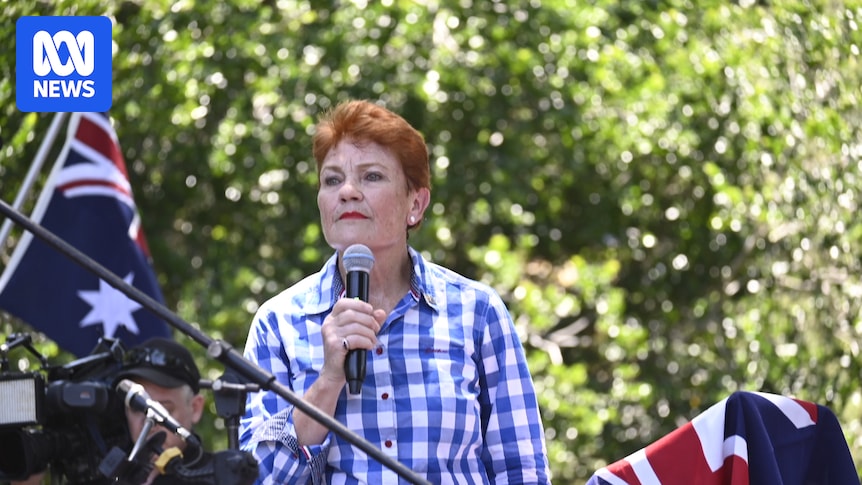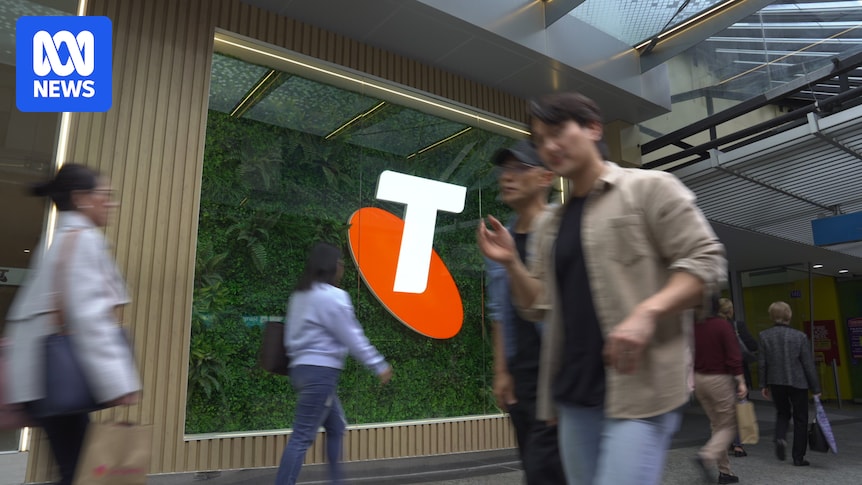
An Australian artificial intelligence expert has reportedly turned down a billion-dollar offer from Mark Zuckerberg’s Meta. Andrew Tulloch, a University of Sydney graduate who grew up in Perth, spent over a decade working at Facebook’s parent company before joining rival OpenAI.
In February, Tulloch co-founded AI start-up Thinking Machines Lab with former OpenAI chief technology officer Mira Murati. The company is now valued at an impressive US$12 billion (A$18.5 billion). According to the Wall Street Journal, Zuckerberg attempted to acquire Thinking Machines Lab earlier this year, but Murati rejected his offer. Meta’s CEO then tried to attract the company’s top talent, including Tulloch.
Tulloch was allegedly offered a US$1 billion (A$1.55 billion) pay package over six years, with potential bonuses and stock performance incentives. However, the Perth-born ‘genius’ declined the offer. Meta later described the reported US$1 billion figure as ‘inaccurate and ridiculous’.
Background and Career Path
Andrew Tulloch moved to the US in 2012 and spent 11 years at Facebook’s AI division, where he rose to the role of distinguished engineer. Mike Vernal, a former Facebook executive, remarked, “He was definitely known as an extreme genius.”
In 2023, Tulloch transitioned to OpenAI, the research organization behind ChatGPT, before co-founding Thinking Machines Lab. The start-up aims to make “AI systems more widely understood, customizable and generally capable.”
Tulloch’s academic journey is as impressive as his professional one. He was a vice captain at Christ Church Grammar in Claremont, Western Australia, achieving an ATAR of 99.95 in 2007. He graduated with first-class honors and the university medal in mathematics from the University of Sydney in 2011, boasting the highest GPA in the Faculty of Science.
Meta’s Aggressive Recruitment Tactics
Zuckerberg has a history of attempting to poach talent from rival companies. OpenAI’s CEO, Sam Altman, revealed in June that Meta had offered US$100 million bonuses (A$155 million) to his staff in an unsuccessful bid to lure them away. “I’m really happy that at least so far none of our best people have decided to take them up on that,” Altman stated.
Such aggressive recruitment strategies are not new for Meta. The company’s attempts to acquire talent from competitors highlight the intense competition within the tech industry, particularly in the burgeoning field of artificial intelligence.
Implications for the AI Industry
The rejection of such a substantial offer by Tulloch underscores a significant shift in the priorities of top talent in the AI sector. Rather than being swayed by lucrative financial incentives, there is a growing emphasis on innovation, autonomy, and the potential impact of their work.
Thinking Machines Lab’s mission to enhance the understanding and customization of AI systems reflects a broader trend within the industry. As AI continues to evolve, the focus is increasingly on ethical considerations and the societal implications of AI technologies.
The move also highlights the challenges faced by tech giants like Meta in retaining and attracting top talent. As the AI field expands, the competition for skilled professionals is likely to intensify, prompting companies to reconsider their recruitment and retention strategies.
Looking ahead, the decision by Tulloch and his colleagues at Thinking Machines Lab may inspire other AI professionals to prioritize innovation and ethical considerations over financial gain. This could potentially lead to a more diversified and ethically conscious AI landscape.
As the AI industry continues to grow, the actions and decisions of key players like Tulloch will undoubtedly shape its future trajectory. The implications of these developments will be closely watched by industry insiders and observers alike.







